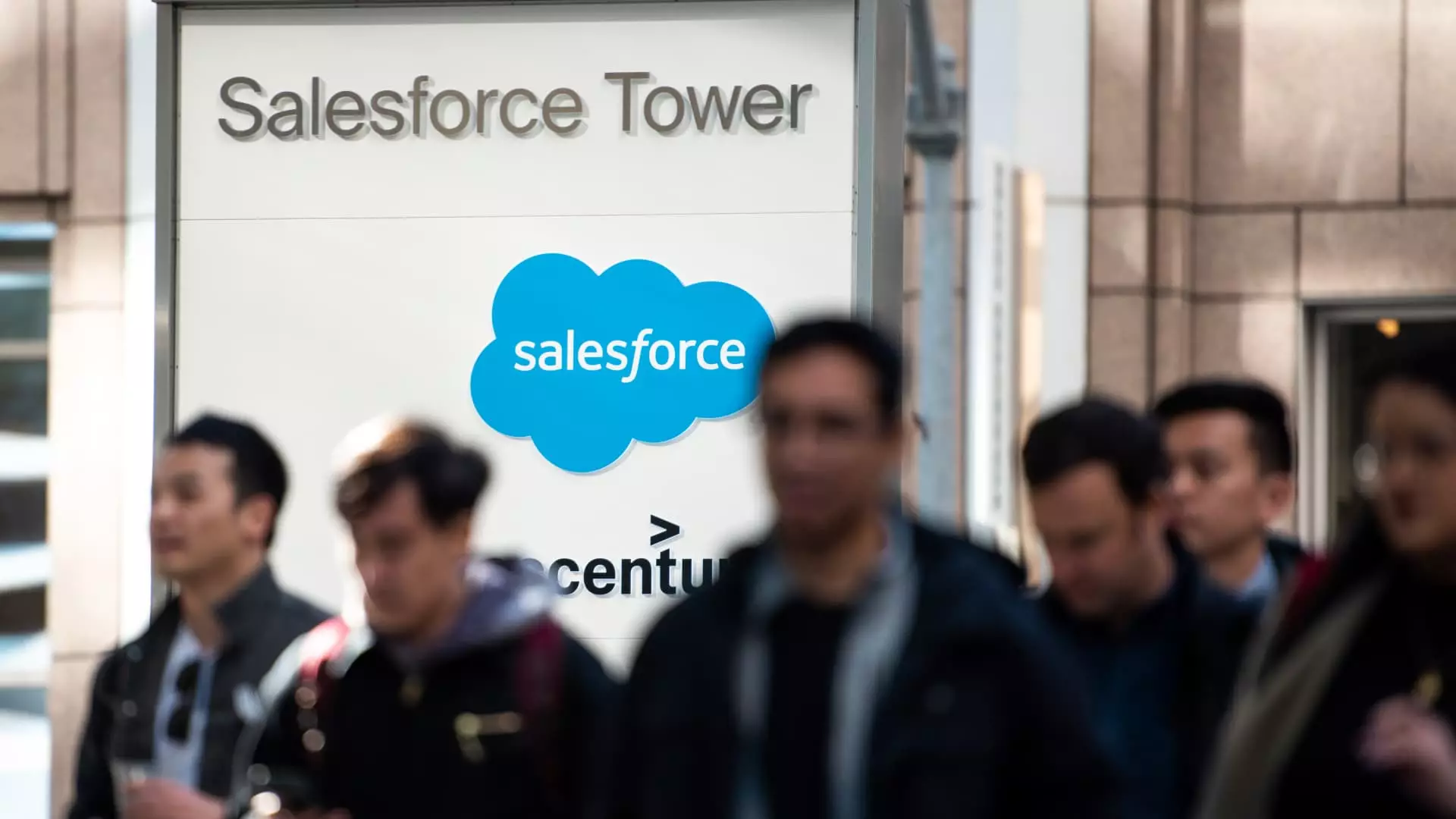San Francisco is facing a major struggle in its commercial real estate market, with the vacancy rate for office spaces reaching a record of 34.5% in the second quarter. This is a significant increase from the previous quarters and years, with the average asking rent dropping to the lowest it has been since late 2015. The pandemic, along with a slowdown in the tech market, has led to mass job cuts across the industry, further exacerbating the challenges faced by San Francisco’s real estate market.
While the city grapples with these challenges, the rise of artificial intelligence (AI) startups has provided some relief. Startups like OpenAI and Anthropic have leased significant amounts of office space in the city, signaling a growing interest in San Francisco as a hub for AI development. However, despite the influx of AI companies, it is clear that AI alone will not be able to save the struggling commercial real estate market in San Francisco.
Shift Towards Hybrid Work
One of the key trends impacting the real estate market in San Francisco is the shift towards hybrid work arrangements. Tech companies, law offices, and consulting firms are looking to reduce their office footprint when existing leases come up, reflecting the changing nature of work post-pandemic. Companies are now prioritizing higher-quality office spaces in more desirable parts of the city, where employees can easily access amenities like restaurants and shops. This shift is likely to have a long-term impact on the commercial real estate market in San Francisco.
Top employers in the city, including Salesforce, Uber, Visa, and Wells Fargo, have started bringing employees back to the office for part of the week. However, the vacancy rates in popular areas like SoMa are still alarmingly high, reaching close to 50%. The uncertainty surrounding the future of work and the upcoming presidential election may be contributing to the delay in new leases being signed, further adding to the challenges faced by the commercial real estate market in San Francisco.
While there are some positive signs in the market, with absorption expected to improve in the second half of the year and office job numbers stabilizing, experts like Robert Sammons of Cushman & Wakefield believe that there is still more room for rents to fall and vacancies to rise. The city’s real estate market is at a critical juncture, and the future remains uncertain. It is clear that while AI startups may be gaining ground, they are not the panacea for the broader struggles across San Francisco’s commercial real estate market.
San Francisco’s real estate market is facing significant challenges that are unlikely to be solved by the rise of AI startups alone. The city will need to adapt to the changing needs of businesses and employees in a post-pandemic world to ensure the long-term sustainability of its commercial real estate market.


Leave a Reply